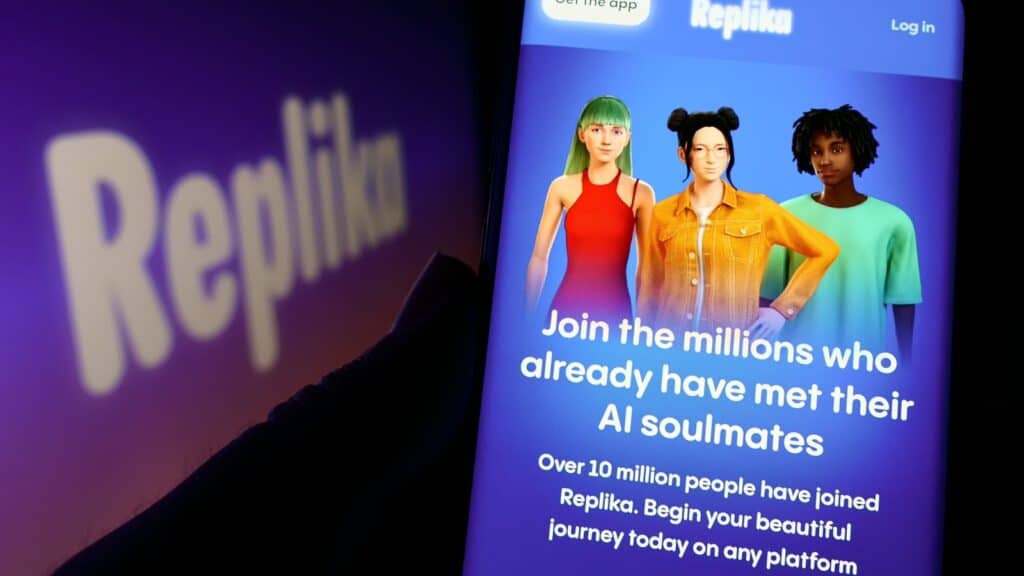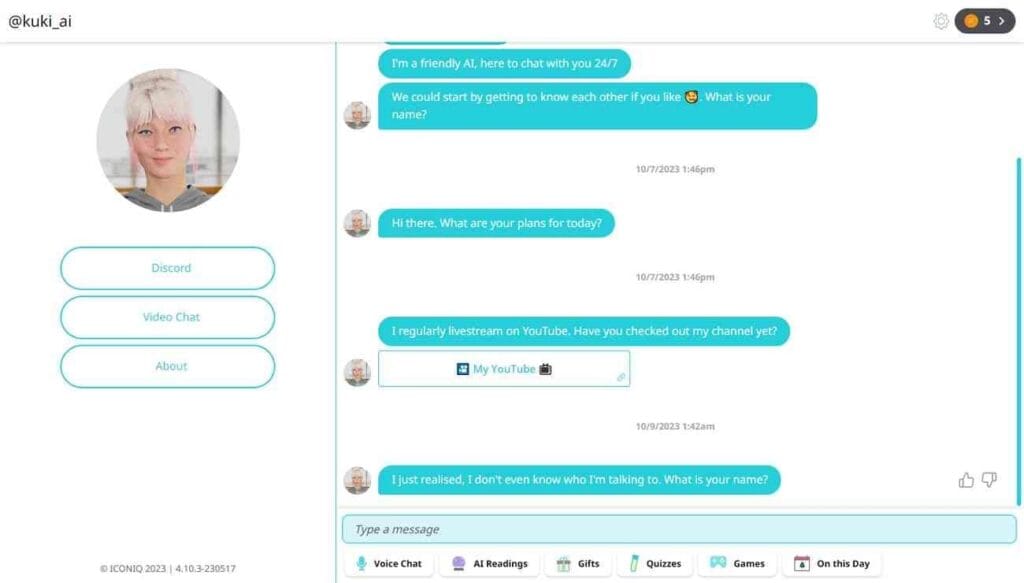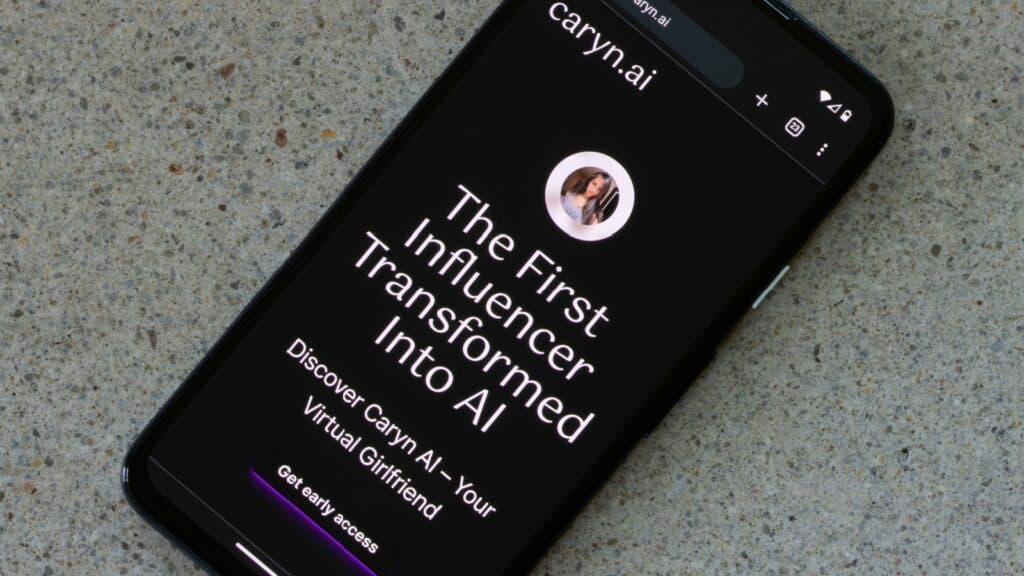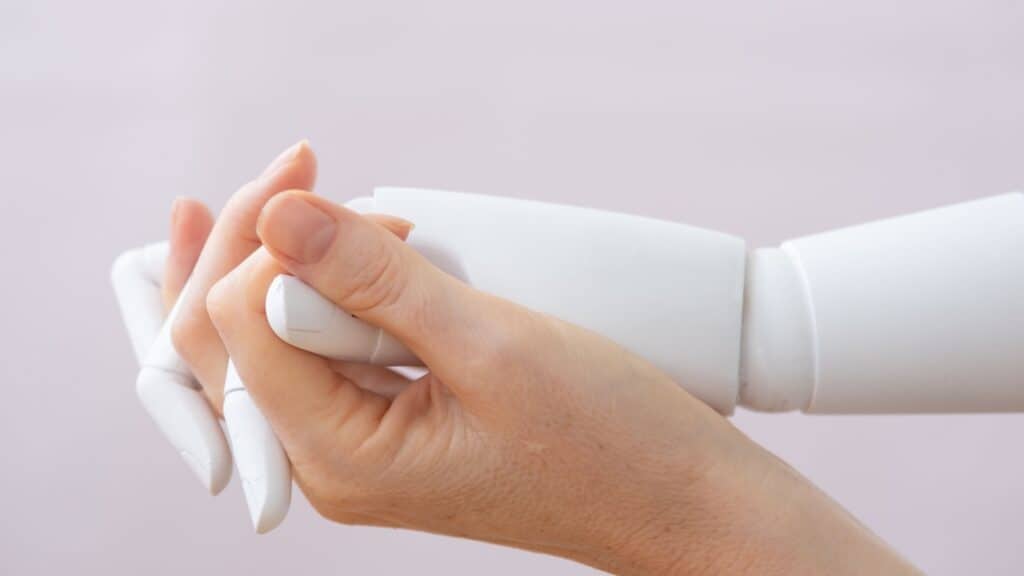AI Girlfriends: A Step Toward Equality or a Dangerous Setback for Women?
As AI technology advances, the rise of AI companions—often marketed toward men—raises significant questions about their impact on gender equality. These digital entities, designed for emotional support, companionship, and sometimes even simulated romantic or sexual interactions, pose both potential benefits and deep concerns from a feminist perspective.
The complexity of AI companions lies in their dual potential: they could challenge traditional gender roles, offering a new form of companionship that breaks societal norms, or they could perpetuate harmful stereotypes and reinforce the objectification of women. Feminists grapple with whether these technological innovations represent empowerment or a step backward for gender equality.
Challenging Gender Roles—or Reinforcing Them?

AI companions present an opportunity to break free from traditional gender expectations, especially for women. These digital entities don’t conform to societal norms and could offer a space for individuals to explore relationships outside the pressures of gender roles. Women, in particular, might find AI companions to be a judgment-free zone, where they can express themselves without the typical constraints of gendered expectations. By interacting with AI that isn’t limited by conventional norms, users might gain more nuanced perspectives on relationships.
Stereotypes and Male Desire

However, many AI companions are designed to embody stereotypical traits, particularly female characteristics tailored to male desires. Feminist critics argue that AI companions designed as “virtual girlfriends” reinforce harmful gender stereotypes by presenting idealized, unrealistic versions of women. This perpetuation of objectified female personas could further damage how men perceive women, creating unhealthy expectations in real-world relationships and potentially diminishing respect for women as equal human beings.
Addressing Loneliness—but at What Cost?

AI companions have also been proposed as a solution to loneliness, particularly for men who struggle with social interactions or feel isolated. Proponents suggest that these digital entities might offer a non-judgmental outlet for emotional expression, potentially reducing the emotional burden on women in heterosexual relationships. In theory, this could help some men develop emotional intelligence and reduce the pressures of toxic masculinity.
Idealized Companionship

Yet, critics argue that AI companions only mimic human relationships and might lead to emotional dependency or unrealistic expectations. AI offers a controlled and idealized form of companionship—where the digital entity has no needs or demands of its own—which could leave users disillusioned when they face the complexities of real human relationships. Over time, reliance on these companions might erode social skills and deepen isolation, rather than truly alleviating it.
Empowerment or Objectification?

Some feminist perspectives highlight that AI companions could offer empowerment by providing women with AI partners for support, advice, and even personal growth. For instance, these digital companions might help women with daily tasks, skill development, or time management, offering new levels of independence and self-sufficiency.
Blurring The Lines

But the flip side is more troubling: AI companions, particularly those designed for men, could reinforce the objectification of women. AI designed to submit to user desires, without autonomy or consent, raises deep ethical questions about power dynamics. This ability to control and program an AI to cater exclusively to a user’s needs can dangerously blur the lines of consent and reinforce unhealthy attitudes about relationships and respect. As these AI companions evolve, they could further ingrain problematic ideas about dominance and submission in the minds of users.
The Impact on Real-World Relationships

A key concern among feminist thinkers is the potential impact of AI companions on men’s ability to form meaningful relationships with women. Because AI companions are designed to fulfill user desires without challenge, they create an idealized version of a relationship that doesn’t reflect the give-and-take of human interaction. Men who rely on AI companions might become less willing—or less able—to engage in genuine relationships with women, where mutual respect and shared emotional labor are required. This could result in deepened social divides and increased objectification of women, as real-world relationships may no longer measure up to the perfection offered by AI.
Consent and Privacy: Ethical Concerns

The use of AI companions also raises concerns about consent, privacy, and data security. AI companions often collect vast amounts of personal data, and users may not fully understand how their information is being used or stored. For vulnerable populations, such as the elderly or those with cognitive impairments, these concerns are even more pressing. Additionally, as AI companions become more advanced at mimicking human emotions, there are concerns about emotional manipulation and whether users can truly provide informed consent in relationships with non-sentient beings.
Deepfakes and Hyper-realism

Moreover, feminist critics worry that the development of AI companions will lead to further exploitation of women’s images, particularly in the form of deepfakes and other non-consensual uses of AI technology. AI could be used to create hyper-realistic simulations of real women without their consent, perpetuating harm in both the digital and physical worlds.
Coexisting with AI Companions: The Future of Feminism and AI
From a feminist perspective, the rise of AI companions presents a challenging landscape. While there are theoretical benefits—such as addressing loneliness or offering empowerment through personalized assistance—the broader implications for women’s rights, safety, and societal equality are concerning. The idealization of women in AI form, combined with the potential for reinforcing harmful gender norms and power dynamics, suggests that AI companions for men may do more harm than good.
Can We Strike A Balance?

The future of AI companions will depend on whether developers and society as a whole can strike a balance between innovation and ethical safeguards. Clear guidelines on data privacy, consent, and the representation of gender in AI are crucial to ensuring that this technology does not exacerbate existing inequalities or reinforce damaging stereotypes. As AI technology continues to evolve, feminist voices will be essential in shaping a future that promotes gender equality, not just technological advancement.
Resources and For Further Reading

- Gender and feminist considerations in artificial intelligence from a developing-world perspective, with India as a case study
- The pros and cons of AI companions
- AI girlfriends are here – but there’s a dark side to virtual companions
- AI companions for lonely individuals and the role of social presence
- AI ‘Companions’ Promise to Combat Loneliness, but History Shows the Danger of One-Way Relationships
- How AI Companions Are Redefining Human Relationships In The Digital Age
Join Us

Join us on this empowering journey as we explore, celebrate, and elevate “her story.” The Queen Zone is not just a platform; it’s a community where women from all walks of life can come together, share their experiences, and inspire one another. Welcome to a space where the female experience takes center stage. Sign up for our newsletter so you don’t miss a thing, Queen!







